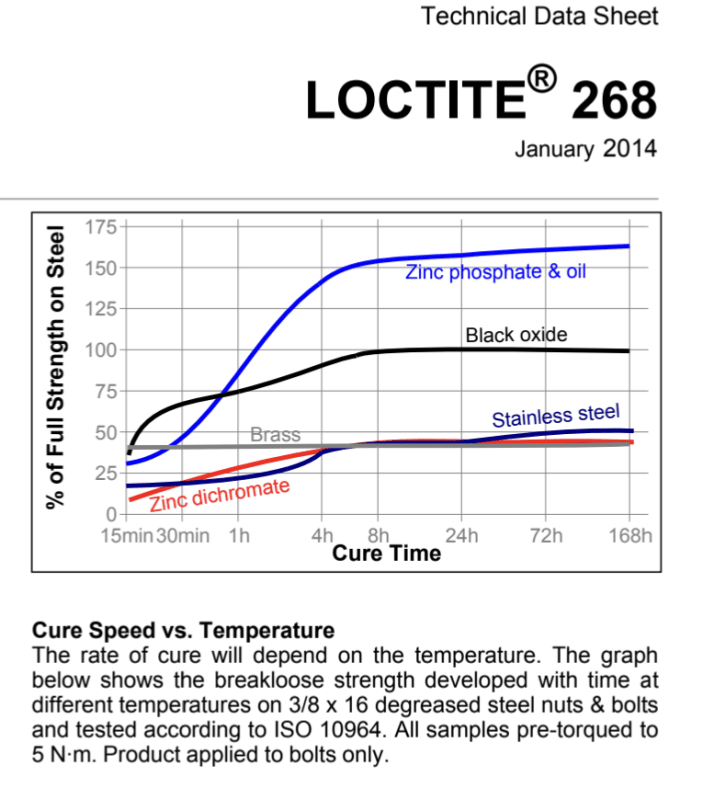I have two parts that need to be permanently threaded together.
One is cast aluminum with a 1/2-14 NPSM female thread.
The other is galvanized steel 1/2-14 NPSM nipple.
We currently use Loctite (the glue stick ones, primer green + high strength red) to keep these parts from rotating relative to each other.
Is there another way that we can thread these together so they never come apart/rotate relative to each other?
One is cast aluminum with a 1/2-14 NPSM female thread.
The other is galvanized steel 1/2-14 NPSM nipple.
We currently use Loctite (the glue stick ones, primer green + high strength red) to keep these parts from rotating relative to each other.
Is there another way that we can thread these together so they never come apart/rotate relative to each other?

